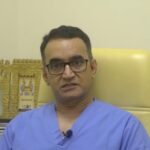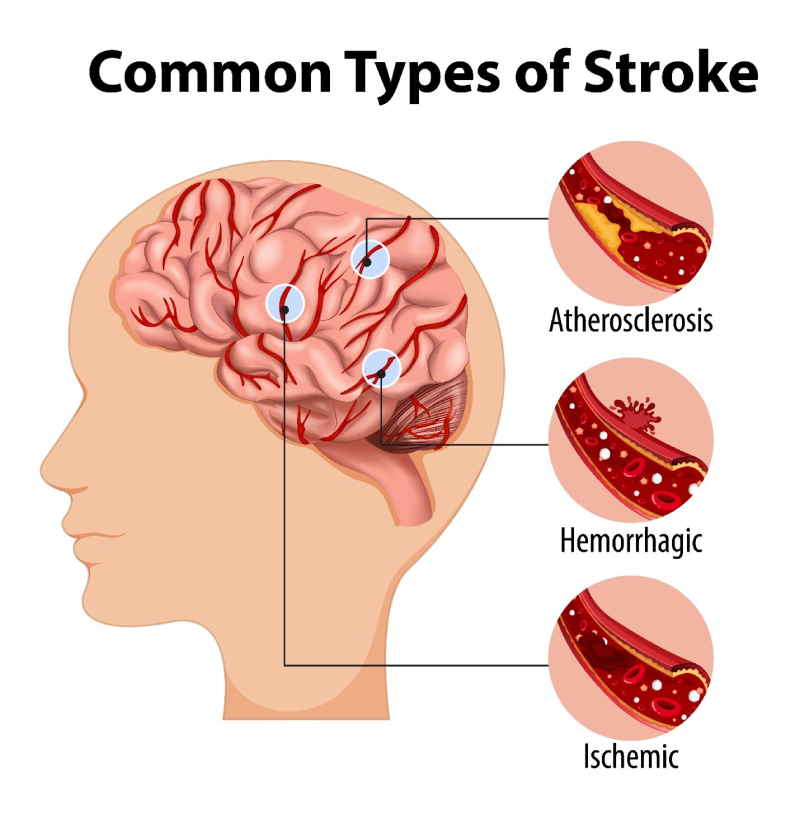3-Step Approach to Prevent A silent heart attack?


How to avoid heart attacks: Silent heart attack cases are on the rise across the globe. During a silent heart attack, you may not feel or experience the typical pressing and squeezing chest pain, shortness of breath, sudden bursts of sweating, weakness, and other telltale signs of a heart attack. When a person experiences a silent heart attack, he may not be aware of his or her condition, and therefore, doesn’t seek treatment immediately. For this reason, mortality risk increases manifolds. But you can prevent a silent heart attack in its tracks if you follow this 3-step approach.
To prevent a silent heart attack, follow this three-step approach:
- Step 1: The risk factors that you have to look for include high blood pressure, diabetes, high cholesterol, and a family history of heart disease. If you think that you are at risk of a heart attack, owing to these risk factors – go for screening. You must check whether you have any pre-existing artery blockages. To rule out heart disease, talk to your cardiologist and go for heart disease screening.
- Step 2: If you think that you are at risk owing to any other risk factors, such as obesity, smoking, and, alcohol consumption, then go for screening.
Talk to your doctor about the approaches that you should adopt to keep your risk factors under control.
Take your prescribed medicines regularly. Stop smoking and consuming alcohol.
- Step 3: Now focus more on your lifestyle – what you eat? How do you work? When you sleep and how much do you keep yourself active throughout the day? Make necessary lifestyle changes – eat healthy, sleep well, and get involved in exercise. A sedentary lifestyle can take you to a high-risk category – wherein the risk is almost 3 times more.
- Just 20 minutes of exercise a day can significantly reduce your risk of heart attacks. Similarly, managing your stress levels can also significantly reduce your heart disease risk
Bottom Line
In the majority of the cases we witness regularly – by the time patients come to us, they have already been subjected to heart muscle damage to the point where heart failure sets in. Therefore, I instruct my patients to listen to what their bodies are saying because you know your bodies best. Even in the absence of not-so-apparent signs of heart attack, if you feel something unusual or abnormal is happening you must get it checked, tested, evaluated, and diagnosed by a cardiologist.
How to avoid heart attacks
In conclusion, my message for you is this: be active, vigilant, and keep an eye on all the risk factors, and manage those by adopting a healthy lifestyle – eat healthy and exercise. Take extra care and be more active if you have diabetes and high blood pressure.






